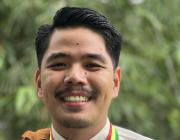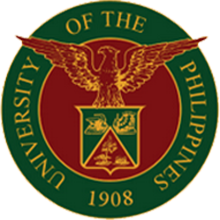Presentation Date:
Wednesday, August 23, 2023
Location:
NISMED Auditorium, University of the Philippines Diliman, Quezon City
Plenary lecture at the 15th Philippine Linguistics Congress
ABSTRACT
The field of historical linguistics in the Philippines has seen significant developments since its early beginnings in the 1900s, but there remains a huge gap regarding the nuances of the proposed reconstructions. Current findings indicate a more complex relationship among the Philippine languages, which involves not only traditional genetic relationship, but also intense and sustained contact among the communities at different scales and time depths.
In this paper, we argue for a more context-dependent approach for historical linguistics, which considers small-scale contexts, layers of histories, and more fine-grained analyses of data for language change. To demonstrate this, case studies in Ibatan, Porohanon, and Southern Mindanao are presented to illustrate how linguistic histories are inextricably tied to complex community histories.
Such a context-dependent approach yields “mosaics of micro-histories” that are sensitive to “complex geography, ecological disasters, history of migrations and settlement” (Klamer, 2019, p. 19), which can potentially address long overdue questions on the nature of linguistic relationships, points of dispersal of populations, the agents of change, and the spread of innovations across speakers. This proposed future direction for the field of historical linguistics in the Philippines is one which is approached from below—localized and decolonized, richly informed by fine-grained and on-the-ground case studies led by local scholars in close collaboration with members of the communities in consideration.

